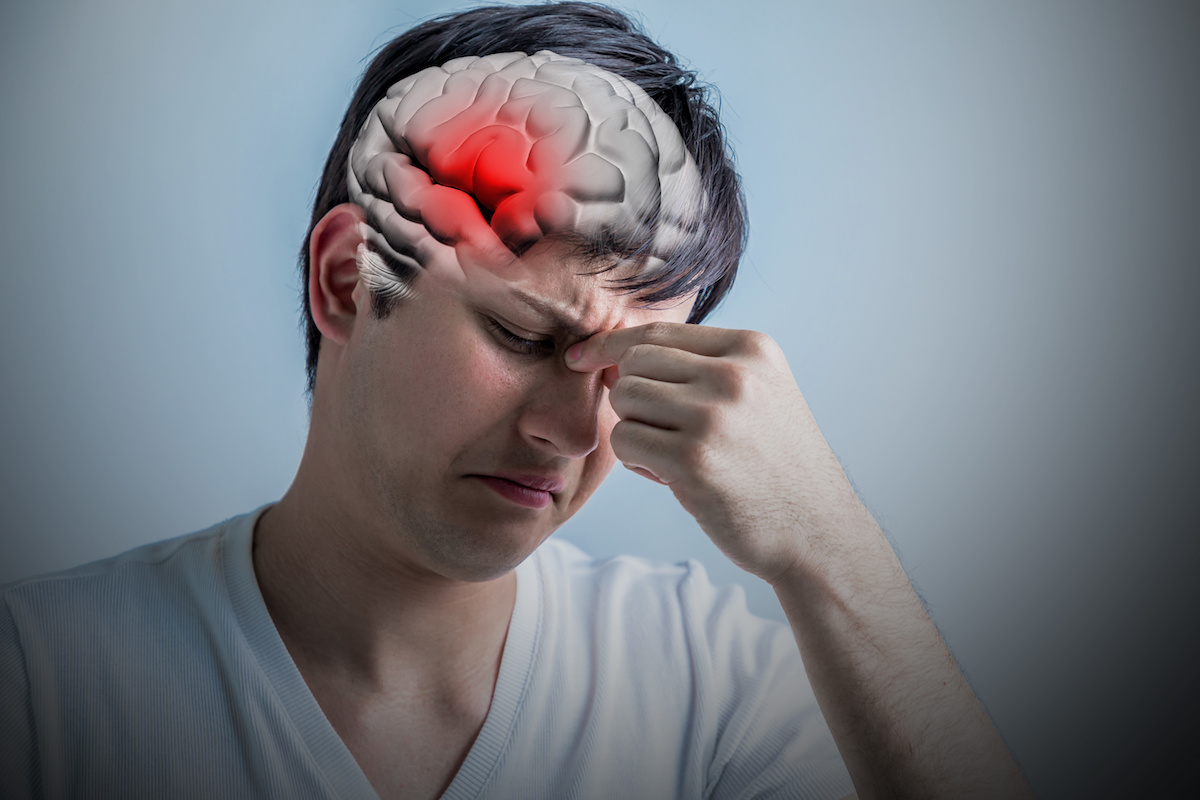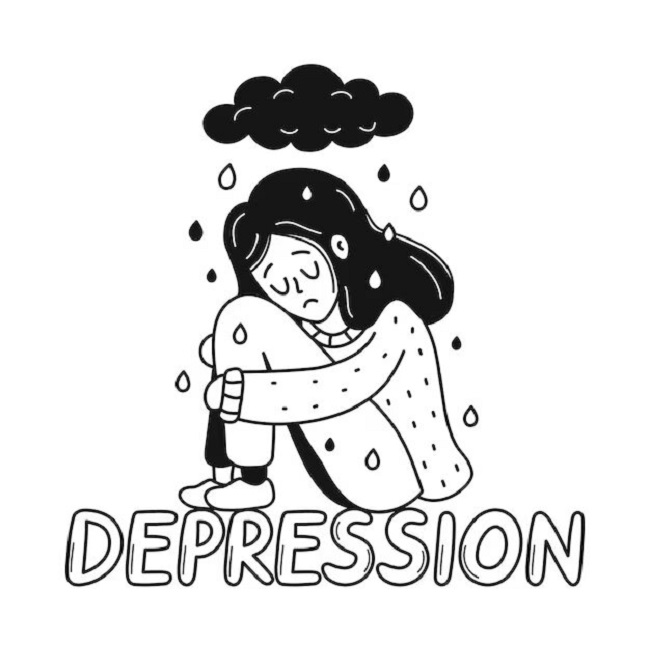Understanding Brain Stroke: Causes & Symptoms

What is Brain Stroke Management?
In the vast landscape of neurological health, gaining a profound understanding of brain strokes is pivotal for individuals seeking comprehensive insights into this critical medical condition. Here at SpineandBrainIndia, our commitment is to unravel the intricacies surrounding brain strokes, providing you with an in-depth exploration of the causes, symptoms, and effective management strategies.
Causes of Brain Stroke
- Unraveling the Complexity
The causes of a brain stroke are multifaceted, involving a spectrum of factors that collectively contribute to the disruption of blood flow to the brain. A primary contributor to this complex phenomenon is Hypertension (High Blood Pressure). The elevated blood pressure exerts undue stress on the delicate blood vessels in the brain, making them more susceptible to damage.
Another significant factor is Atherosclerosis, a gradual process involving the buildup of plaque in the arteries. This plaque accumulation narrows blood vessels, increasing the likelihood of clot formation, a common precursor to strokes.
Moreover, Atrial Fibrillation, characterized by irregular heart rhythms, poses a substantial risk for strokes. The erratic heartbeats can lead to the formation of blood clots, which, when dislodged, can travel to the brain and cause a stroke.
Understanding this intricate web of causative factors is crucial for developing effective preventive measures.
Symptoms: Decoding the Warning Signs
- Recognizing the Red Flags
Early identification of stroke symptoms is paramount for prompt intervention. By familiarizing yourself with the following warning signs, you can potentially save lives:
Sudden Numbness or Weakness: This symptom is frequently a telltale sign of a stroke. It usually affects one side of the body, manifesting in the face, arm, or leg. The sensation can range from a mild numbness to a complete loss of strength. Such sudden weakness or numbness is an alarm signal, especially if it occurs without an apparent cause. It’s crucial for individuals or their caregivers to recognize this symptom and seek immediate medical attention. As it can be a critical factor in the outcome of a stroke.
Confusion or Trouble Speaking: A stroke can impair an individual’s ability to process language, leading to confusion or difficulty in speaking. This might include trouble finding the right words, slurring speech, or having difficulty understanding what others are saying. Sometimes, the person might not even be aware of their impaired speech, making it important for those around them to be vigilant and responsive to these signs.
Vision Disturbances: Sudden changes in vision, such as blurriness, double vision, or a total loss of vision in one or both eyes, are significant indicators of a stroke. These disturbances can occur without warning and might be mistakenly attributed to less serious conditions like eye strain or fatigue. However, any abrupt change in vision should be treated as a medical emergency, as prompt treatment can be crucial for preserving sight and preventing further complications.
Severe Headache: Strokes can cause a sudden, severe headache. This headache is often described as the worst headache ever experienced and can be accompanied by other symptoms like dizziness, vomiting, or altered consciousness. Unlike regular headaches, a stroke-related headache typically comes on suddenly and is much more intense. It’s a critical sign that should not be ignored. Especially if the individual has no history of similar headaches or if it’s accompanied by other stroke symptoms.
Effective Management Strategies
- Navigating the Road to Recovery
Our commitment to your well-being extends beyond mere awareness. We are dedicated to providing insights into effective stroke management, emphasizing the following strategies:
Emergency Medical Attention: Time is of the essence when it comes to strokes. Immediate response to stroke symptoms is paramount. If you or someone around you exhibits signs of a stroke, it is crucial to call emergency services without delay.
Rehabilitation Programs: Tailored rehabilitation plans play a crucial role in the recovery process. These programs are designed to help individuals regain lost abilities, improve motor skills, and enhance overall quality of life after a stroke.
Medication Adherence: Strict adherence to prescribed medications is essential for managing underlying conditions that contribute to strokes. This includes medications to control hypertension, antiplatelet drugs to prevent clot formation. And other relevant medications tailored to individual health needs.
Conclusion
In summary, a nuanced understanding of the causes, symptoms, and management of brain strokes empowers individuals to make informed decisions about their health. At SpineandBrainIndia, led by the expertise of Dr. Arun Saroha, one of the best neurosurgeon in India, we are unwaveringly committed to delivering authoritative information to enhance your well-being.
By prioritizing comprehensive content and offering valuable insights. We aim not just to meet but exceed your expectations in the quest for reliable information on brain strokes. Dr. Arun Saroha’s proficiency in neurosurgery, coupled with our dedication, ensures that you receive the highest standard of guidance for stroke management in India.
Our mission extends beyond individual care. We aspire to contribute to a healthier society by providing accurate, accessible, and actionable knowledge. Trust in SpineandBrainIndia, where the pursuit of excellence in neurological health, under the guidance of Dr. Arun Saroha, takes precedence. Your well-being is our priority, and we are here to guide you on the path to optimal neurological health.











